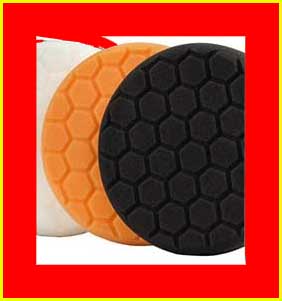J
jtkse
- Reaction score
- 2
- Thunderbird Year
- 1957
My 1957 bird runs great around town. But when on long freeway run when I stop it starts to stumble and if I don’t shift into neutral it will die. I have a good mechanical fuel and I backed it up with an electric. I have a fuel in the fuel bowl when it dies and a New Holley carb. Good tune on engine. Once it dies and sits a minute it starts up and problem goes away until another long run. Checked timing ,Vacuum advance , new points, condenser and coil. I drilled a hole in fuel cap so it is vented. Blew out fuels line and new hoses. New spark plugs and wires. Wrapped fuel lines with heat cover so no vapor lock. Could a transmission torque converter be a problem? It down shifts and up shifts good. Even tried electronic ignition. No help. I keep both fuel pumps working but it runs good without electric one but I tried just in case.
This page contains affiliate links for which I may be compensated. As an eBay Partner, and Amazon Associate I may be compensated if you make a purchase at no cost to you.


